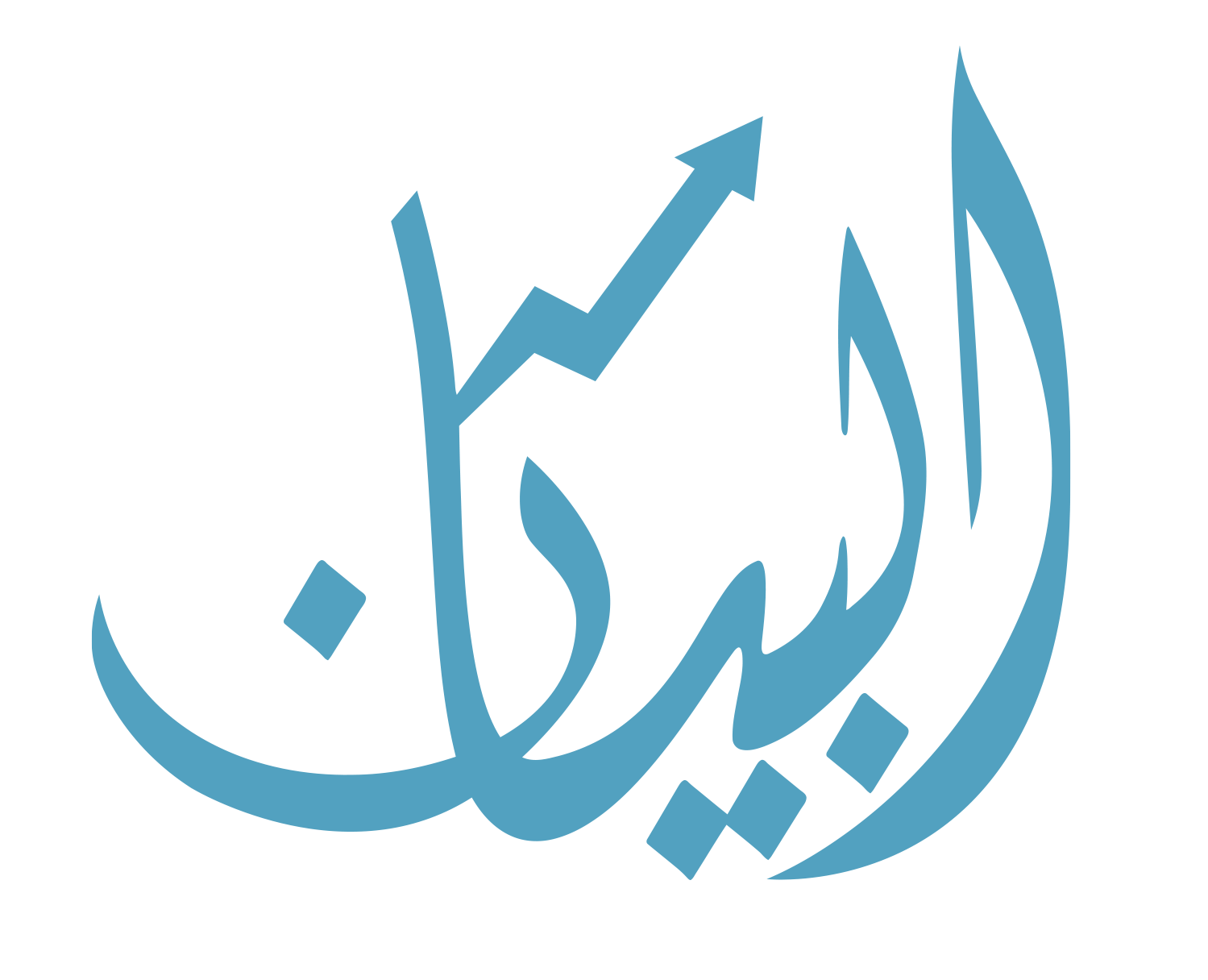ALBAYAN INSTITUTE EDUCATION SERVICES L.L.C

- Description
- Reviews
A Training Diploma in Psychological Counseling at Albyan Institute is designed to equip students with the knowledge and skills needed to provide effective psychological support and counseling. This program prepares individuals to work in various settings, including clinical, educational, and organizational environments, by offering comprehensive training in counseling techniques, psychological theories, and ethical practices.
The curriculum of such a diploma program may include the following key components:
-
Introduction to Psychological Counseling: This course provides an overview of psychological counseling, including its history, theories, and the roles and responsibilities of a counselor.
-
Counseling Theories and Techniques: Students learn about various counseling theories, such as cognitive-behavioral therapy (CBT), psychodynamic therapy, humanistic therapy, and person-centered therapy. The focus is on understanding and applying different therapeutic techniques.
-
Assessment and Diagnosis: Techniques for assessing and diagnosing psychological issues, including the use of psychological tests, assessment tools, and diagnostic criteria.
-
Counseling Skills Development: Practical training in essential counseling skills, including active listening, empathy, rapport building, and effective communication. Role-playing and supervised practice are integral to skill development.
-
Ethics and Professionalism: An exploration of ethical considerations in psychological counseling, including confidentiality, informed consent, professional boundaries, and ethical decision-making.
-
Crisis Intervention and Management: Techniques for handling crisis situations, including emergency intervention, risk assessment, and management of acute psychological distress.
-
Cultural Competency and Diversity: Understanding the impact of cultural, social, and personal factors on counseling, including strategies for working with diverse populations and respecting cultural differences.
-
Therapeutic Relationship and Dynamics: Examination of the therapeutic relationship, including building trust, managing transference and countertransference, and fostering a supportive therapeutic environment.
-
Counseling in Specific Contexts: Training in counseling techniques and approaches relevant to specific contexts, such as school counseling, workplace counseling, and family therapy.
-
Group Counseling: Techniques and strategies for conducting group therapy sessions, including group dynamics, leadership skills, and facilitating group interactions.
-
Research and Evidence-Based Practice: An introduction to research methods and evidence-based practices in psychological counseling, including how to apply research findings to clinical practice.
-
Supervision and Self-Reflection: The importance of supervision and self-reflection in professional development, including receiving feedback, personal growth, and ongoing learning.
-
Career Development and Job Search: Guidance on career development for counselors, including job search strategies, resume writing, and interview preparation.




